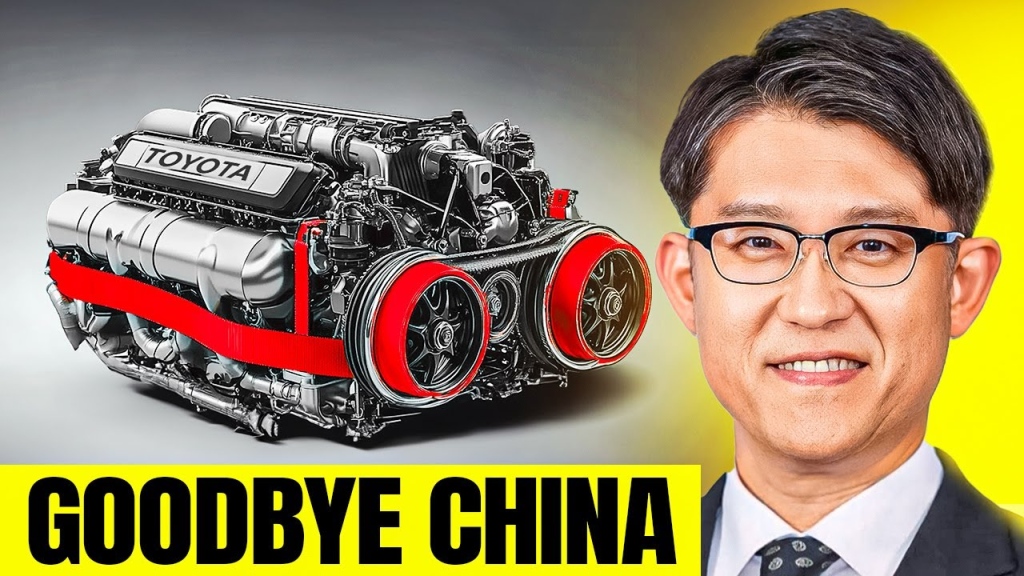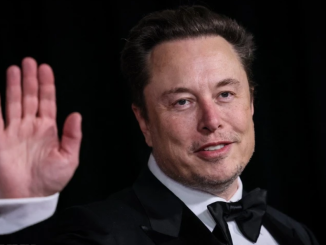In a bold and provocative statement, Toyota’s CEO has claimed that the company’s latest engine technology has the potential to “destroy the entire EV industry.” This declaration has sent shockwaves through the automotive world, igniting a fiery debate among industry experts, environmentalists, and consumers alike. As the global push for electric vehicles (EVs) accelerates, the implications of such a statement are vast and multifaceted.

At the heart of Toyota’s claim is its new hydrogen combustion engine, which promises to deliver the performance and efficiency of traditional gasoline engines while significantly reducing emissions. Unlike battery electric vehicles that rely on lithium-ion batteries, this innovative engine uses hydrogen as fuel, producing only water vapor as a byproduct. Advocates argue that this technology could offer a viable alternative to EVs, particularly in regions where charging infrastructure is limited or where consumers are hesitant to adopt battery-powered vehicles.
Proponents of hydrogen technology are quick to highlight several advantages. First, hydrogen can be produced from a variety of sources, including renewable energy, making it a more sustainable option in the long run. Additionally, hydrogen refueling stations can be established more rapidly than the infrastructure required for widespread EV charging. This could potentially ease the transition for consumers who are concerned about range anxiety and charging times associated with EVs.

However, the CEO’s assertion that this new engine will “destroy” the EV industry raises critical questions. Critics argue that such a statement is overly ambitious and dismisses the significant advancements made in battery technology. Major automakers are investing heavily in improving battery efficiency, reducing charging times, and enhancing the overall performance of electric vehicles. For many, the shift to EVs is not just a trend but an essential step toward reducing greenhouse gas emissions and combating climate change.
Furthermore, the infrastructure challenges associated with hydrogen fuel remain a significant hurdle. While hydrogen refueling stations could be developed, the current network is sparse compared to the growing number of EV charging stations. This disparity poses a challenge for widespread adoption of hydrogen combustion vehicles, raising doubts about whether consumers will embrace this technology over the more established EV market.
Additionally, the environmental impact of hydrogen production cannot be overlooked. While hydrogen itself is clean when burned, the methods used to produce it can vary greatly in their environmental footprint. Currently, much of the hydrogen produced comes from natural gas, which involves significant carbon emissions. For hydrogen to be a truly sustainable alternative, the industry must invest in green hydrogen production methods, which are still in their infancy.

This debate also touches on broader themes within the automotive industry, including the question of innovation versus tradition. Toyota has long been a leader in hybrid technology, but its recent pivot toward hydrogen raises concerns about whether it is trying to maintain its dominance rather than fully embracing the electric future. Critics argue that the company risks falling behind as competitors focus on battery electric vehicles, which are rapidly gaining market share.
In conclusion, Toyota’s CEO’s controversial claim about the potential of their new hydrogen engine to “destroy the entire EV industry” has ignited a fierce debate about the future of automotive technology. While hydrogen combustion engines present exciting possibilities, the challenges of infrastructure, production methods, and competition with rapidly advancing EV technologies cannot be ignored. As the automotive landscape evolves, it remains to be seen whether hydrogen can carve out a significant niche or if electric vehicles will continue to lead the charge toward a sustainable future. The stakes are high, and the future of transportation hangs in the balance.


